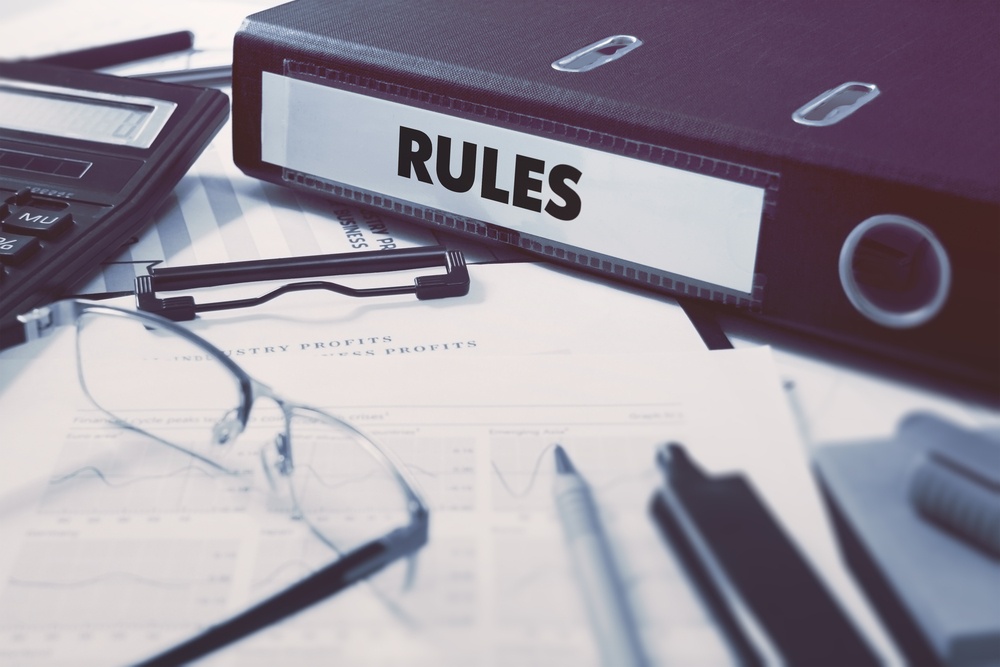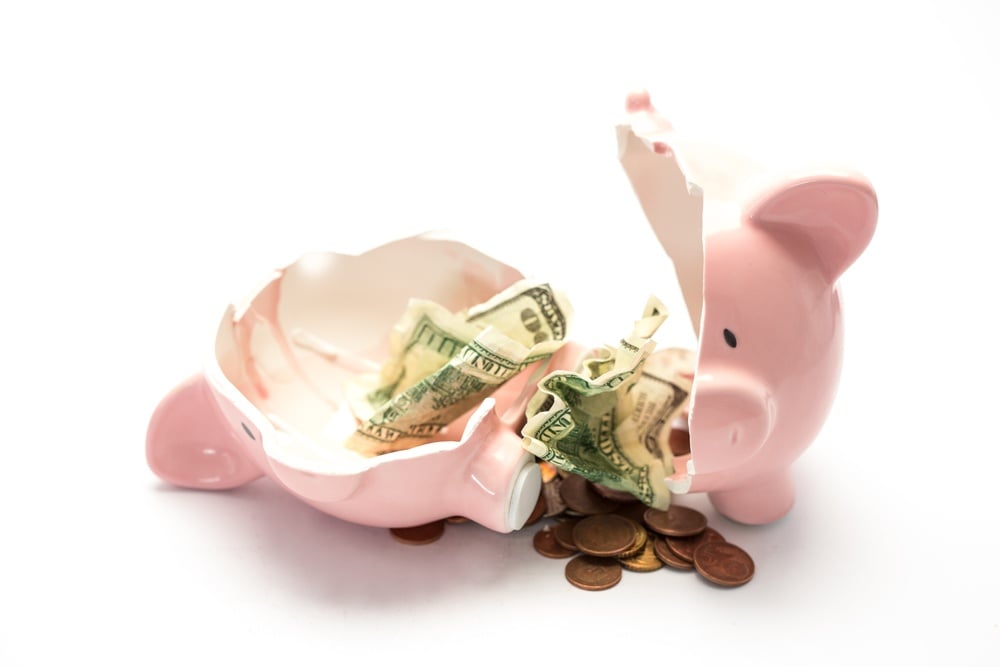What Happens to Your Credit Score When You File Bankruptcy
Sometimes bankruptcy is unavoidable and really the best option. Divorce, job loss, and major health issues often contribute to the decision to file...
2 min read
![]() First Alliance Credit Union
:
Sep 5, 2019 7:13:00 AM
First Alliance Credit Union
:
Sep 5, 2019 7:13:00 AM

 We've all wanted to help our spouse, our kids, our family members, even friends, financially from time to time. Sometimes that can mean letting them use your credit card.
We've all wanted to help our spouse, our kids, our family members, even friends, financially from time to time. Sometimes that can mean letting them use your credit card.
A recent creditcards.com survey of 2,253 adults, 49 percent who have ever owned a credit card admitted to lending their card to spouses, children, friends, co-workers or other people to make a purchase. But 35% of those cardholders saw negative consequences, including overspending by the other person (19%), not getting repaid for the debt (14%) and having the card lost, stolen or never returned (10%).
Many people often forget that as the card holder, you are 100% responsible to charges on your credit card, even if you did not make purchases. We've experienced this at the credit union, where a parent allowed their kid(s) to use their credit card, and the kid(s) really overspent and the parents were on the hook for the balance.
Some people add authorized users on their credit cards, more often than not, because its convenient and easy. Often, you just need to sign a document that allows the other person to use the card. Again, when you do that, you are on the hook for whatever charges that person makes.

It is really important that you have a discussion with the person and let them know what the rules and boundaries are for the use of the card. For example, if you're allowing your child to use the card for emergencies, outline exactly what an emergency is, like an unexpected car repair, they're stranded somewhere and need to get home, or medical expenses, as opposed to pizza parties, iTunes and Amazon purchases.
Say you do lend your credit card to a friend, and your friend maxes out the credit card. This will negatively impact your credit score because you will have maxed out the limit on your credit card, which reduces what is called capacity.
If someone does charge up a balance you can't pay, you could incur not only fees for late charges, but these late payments will impact your credit history, and ultimately your credit score.
It's wisest to not lend your credit card to anyone. If you would like to help out a friend or a family member, it would be best to encourage them to talk to their financial institution. Often, the financial institution can help them with a loan, maybe restructuring or consolidating their debt, and even helping them with a budget plan to get them back on track.

Sometimes bankruptcy is unavoidable and really the best option. Divorce, job loss, and major health issues often contribute to the decision to file...

If you use a credit card properly, it can be an amazing tool. When credit is used irresponsibly, however, it can become your worst nightmare. You can...

We all know that life happens. Divorce, health issues, emergencies, one or a combination of any life event can adversely impact your credit score....